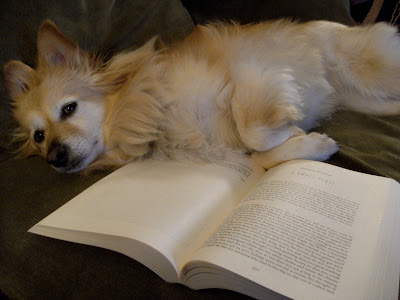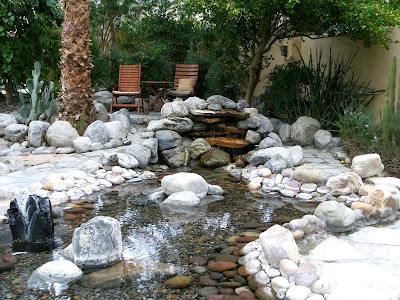Recipe for a Restorative Brunch
- First, work hard all week. The kind of work that requires both mental and emotional effort. The kind of work that leaves you stranded at the end of the day, spent and a little confused. You love your work. But where are your friends? Where is the rest of your life?
- Email two friends and say "I miss you. How about brunch?
- While waiting for an answer, mull on the word "brunch." Love how it already feels like food in the mouth. How it is the kind of meal that is neither a work-a-day breakfast or a utilitarian lunch, but a meal in-between. Brunch is a time-out. Brunch implies you will throw caution to the wind. No oatmeal for you; no PB & J. Brunch is a little mischievous; brunch is just out to have fun.
- Your friend emails back: "I live for brunch."
- Wake to a rainy day. Make a long to-do list, a list so oppressive it makes you just want to go back to bed. Put things on the list you've already done, just to have the pleasure of crossing them off.
- Go to the Daisy Cafe on Magnolia St. The cafe will be busy, but not too busy. There will be the companionable clink of coffee mugs and juice glasses. The steamy scent of bacon and coffee. The waitresses flow through the room in a choreography both elegant and efficient. Your table will be ready in a few minutes. Sit on the bench and watch the other patrons at brunch—how they smile at one another, how they talk leaning close.
- Your friend arrives with her two-year-old son, a boy so adorable he makes you all gushy inside. He has recently arrived here from China, and everything is wondrous to him: doors, windows, coffee creamers, you. When he smiles, a big bright overwhelming joy blooms in your chest.
- Sit in a booth. Look over the menu carefully but know that you will order what you always order: "The Ol' Twosie," from the kids menu-- a couple of slices of orange-cinnamon french toast, two small slices of bacon, a single perfect poached egg. You order the happy bacon and egg, Farmer Ben's, because really, you can taste the difference.
- Your other friend arrives, from her shift at the fire station overnight. Now the table is complete. You talk and talk. You talk about everything. The food arrives and you continue talking. The waitress comes by to refill coffee. You laugh, the boy laughs, you pick off each other's plates. You sit back, and stop talking. You listen.
- The check arrives and sits there unnoticed for a long time. You linger. Brunch is all about lingering. You love the word linger; there's something sensuous about it, something about yearning fulfilled. Where else in your life can you linger, the to-do list growing fuzzy, insubstantial? The booth has become a friendly cave—comfortable, warm, and safe.
- You finally pay the bill, get up, gather coats and hats, bustle out into the street. Someone looks at her watch: "geez, look how late it is, where did the time go?" You grin at one another. You know where the time went. It tip-toed away for a little while to leave you in peace.



































